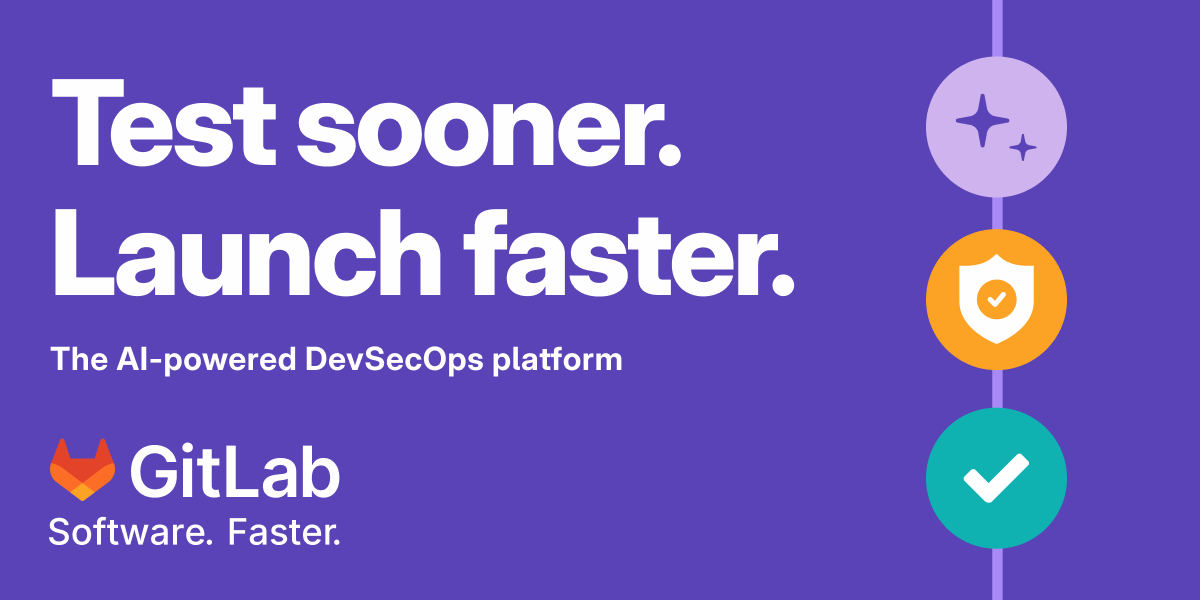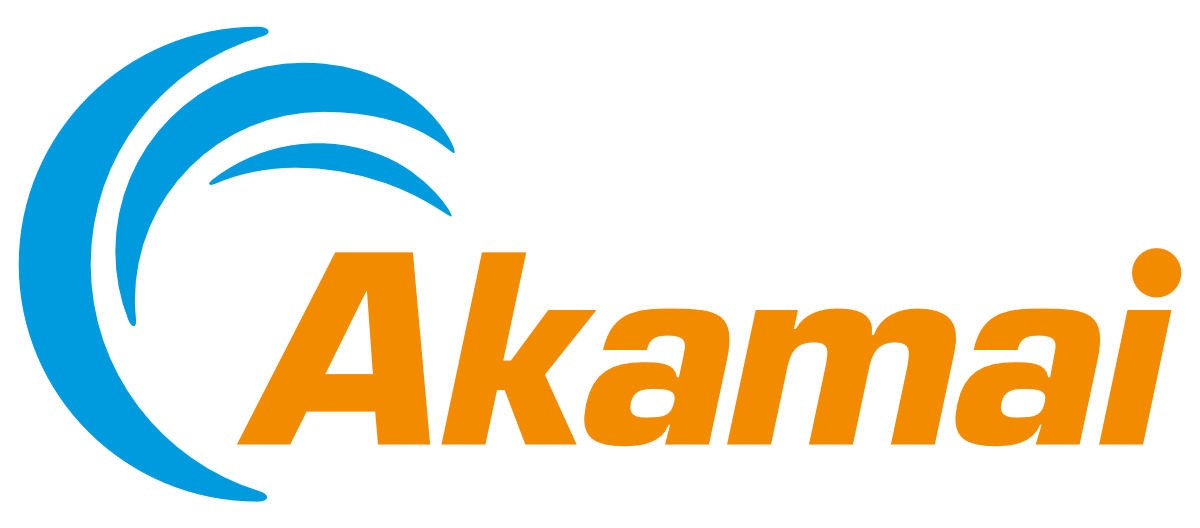VMblog: If you were giving a KubeCon attendee a quick overview of the company, what would you say? How would you describe the company?
Itiel Shwartz: Komodor is an innovative company that's building a revolutionary Kubernetes management platform that leverages GenAI, automation and internal K8s expertise to simplify K8s operations, troubleshooting and optimization for large scale environments - making any engineer a K8s expert.
VMblog: Your company is sponsoring this year's KubeCon + CloudNativeCon event. Can you talk about what that sponsorship looks like?
Shwartz: We've been CNCF members and KubeCon sponsors since we came out of stealth a few years ago. We have a beautiful booth where we can meet and engage with the attendees, showcase our product, and geek out over Kubernetes :) The organizers are incredible and make it a delight to be a sponsor.
VMblog: How can attendees of the event find you? What do you have planned at your booth this year? What type of things will attendees be able to do at your booth?
Shwartz: Look for the crowded Teenage Mutant Ninja Turtles themed #R9 where you grab some of our world famous swag; tshirts, stickers, and other surprises. We also have a raffle with prize giveaways to the lucky winners.
VMblog: Have you sponsored KubeCon + CloudNativeCon in the past? If so, what is it about this show that keeps you coming back as a sponsor?
Shwartz: We've been sponsoring KubeCon year after year, and it's just an incredible opportunity to meet the community face to face, hear their pains, how they react to our demo, and of course seeing the growth in numbers (both attendance and project velocity) each year. There's just no better place for Kubernetes practitioners to meet and learn together.
VMblog: What do you attribute to the success and growth of this industry?
Shwartz: Mainly the actual need coming from the ground level. Organizations need K8s to move forward into the future, and the future is cloud-native. Kubernetes is the enabler of fast-paced, highly available, and cost efficient IT operations. Secondly, I think the vibrant community of maintainers and contributors is also propelling Kubernetes and the entire industry forward.
VMblog: What are you personally most interested in seeing or learning at KubeCon + CloudNativeCon?
Shwartz: As we released our K8s AI troubleshooting agent - Klaudia, I'm curious to see other products in the space of AIOps and what they have to offer.
VMblog: What kind of message will an attendee hear from you this year? What will they take back to help sell their management team and decision makers?
Shwartz: My main message would be - Kubernetes is hard and complicated, and as deployments grow in scale so does the complexity of managing it, BUT it doesn't have to be this way! The ecosystem has matured enough to offer robust solutions that reduce the entropy of the system and make Kubernetes at scale manageable. The way forward is to abstract and automate K8s operations so that more engineers (i.e developers) can participate and distribute the load.
VMblog: Can you double click on your company's technologies? And talk about the types of problems you solve for a KubeCon + CloudNativeCon attendee.
Shwartz: We solve every challenge of K8s management and troubleshooting by providing a simple and guided experience, and automating all the boring manual toil. It's like having a human to K8s interface that anyone can understand and operate.
VMblog: While thinking about your company's solutions, can you give readers a few examples of how your offerings are unique? What are your differentiators? What sets you apart from the competition?
Shwartz: Komodor simplifies Kubernetes for both developers and experts by making complex environments easier to understand, operate, and troubleshoot. As the most powerful solution for maintaining ongoing cluster health and reliability, it focuses on Day 2 operations rather than just provisioning. Leveraging pioneering analytics and AIOps, Komodor provides contextual, actionable insights, helping you understand what's wrong, why it matters, and how to fix it. It also tackles one of Kubernetes' biggest challenges-drift and change management-by detecting and analyzing changes to ensure effective recovery. With a contextual view of everything running in your clusters, from workflows to load balancers, Komodor offers a customized workspace tailored to each role, ensuring a secure, user-friendly experience.
VMblog: Where does your company fit within the container, cloud, Kubernetes ecosystem?
Shwartz: We fit right on top of K8s. Any flavor, multi-cluster/cloud/hybrid.
VMblog: KubeCon + CloudNativeCon is typically a great venue for a company to launch a new product or an update to an existing product. Will your company be announcing anything new? If so, can you give us a sneak preview?
Shwartz: We are, and what we're about to announce is the extension of Komodor's capabilities to cover the entire Kubernetes stack including native resources and cluster addons like cert-manager or external DNS. Komodor will be the first real full-stack Kubernetes management platform.
VMblog: With regard to containers and Kubernetes, is there anything holding it back from a wider distribution? If so, what is it? And how do we overcome it?
Shwartz: With over 90% of enterprises using K8s in production I don't think there's anything holding it back anymore. The only thing I would point out (again) is that the growing complexity of K8s is making it less and less ROI positive. The challenge now is to make K8s still deliver it's value even in large scale environments. I think Komodor is the way to overcome it.
VMblog: Are companies going all in for the cloud? Or do you see a return back to on-premises? Are there roadblocks in place keeping companies from going all cloud? And if so, what are they, and how do they address that challenge?
Shwartz: The cloud is definitely the way. I don't see many companies moving away from it but I do see hesitation and fear of the skills shortage. Which is real, the DevOps to developers ratio is about 1:16 and that's not sustainable. Companies need to invest in significant training and tooling to bridge the knowledge gap and not rely on a handful of experts.
VMblog: The keynote stage will be covering a number of big topics, but what big changes or trends does your company see taking shape for 2025?
Shwartz: Platform engineering and AI are definitely at the forefront of all discussions. I predict that AIOps for Kubernetes will become a more meaningful part of users' workflows in the next year.
VMblog: Are you giving away any prizes at your booth or participating in any prize giveaways?
Shwartz: The legendary Kaptain K8s Shield, an iWatch, a massive Teenage Mutant Ninja Turtles LEGO set and other great TMNT items! Each afternoon we will hold a raffle so make sure to stop by and grab yourself a ticket.
VMblog: Do you have any advice for attendees of the show?
Shwartz: Stay hydrated, pick a tote bag first so you could carry the other swag, and don't be afraid to talk to new people or ask questions after sessions. Everyone here is friendly and looking to learn new things and meet new people.


















